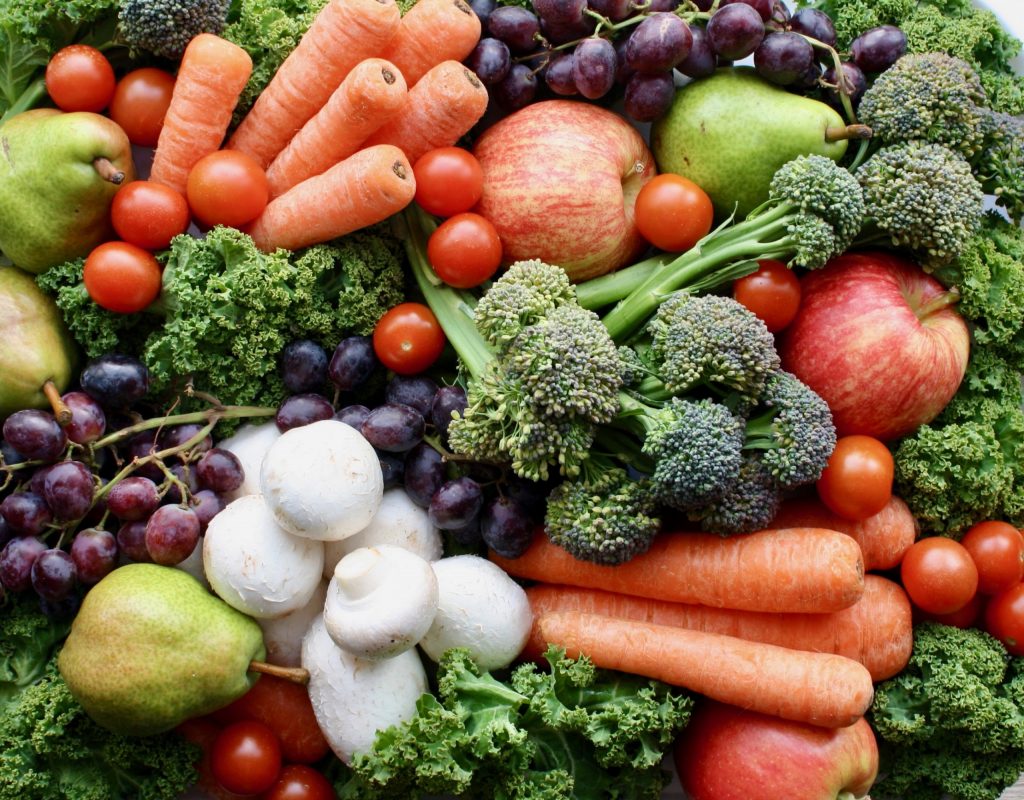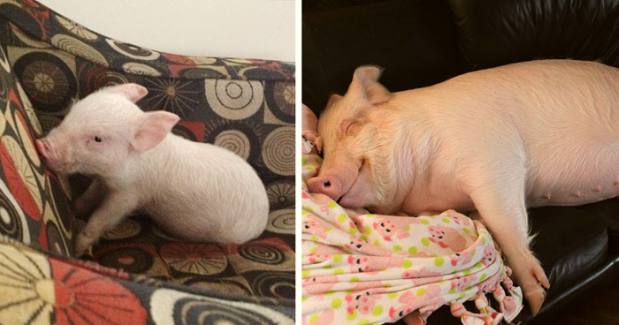
What we eat is important in so many different ways. In a world of 7.6 billion people, (825 million of which are still undernourished) how our species is going to keep itself fed and healthy is an increasingly complicated question. Environmental pressures are becoming ever more profound, ethical concerns are creeping inexorably into the public consciousness, and the fact that many of us are consuming much more than is good for us is increasingly clear. For some, the answer is a vegan diet, which is why we\’re trying Veganuary 2018.
We believe there are some compelling arguments that support the case that this is indeed one of the alternatives that can really make a difference to the planetary cause:
Veganism and the environment
Rearing livestock for human consumption has a profound environmental impact, contributing to deforestation, soil erosion, fresh water scarcity, climate change, biodiversity loss and many other pressing issues. In 1990, the World Hunger Program at Brown University calculated that harvests could provide a vegetarian diet for 6 billion people, while the meat-rich diet of wealthier nations is only feasible for 2.6 billion.
This demonstrates that it simply isn’t possible for the whole human population to consume meat as freely as many of us in wealthy countries currently do. The Earth’s capacity for livestock, with its finite resources, is severely limited if we all expect to eat meat at the current rate. This has social and moral implications when we consider the millions of people who are, and could potentially be, left unprovided for.
As more people begin to eat more meat in countries such as China (something their government is attempting to tackle) and India, the environmental pressure will continue to grow. This has the potential to accelerate environmental damage and make it harder to produce food of any kind in the future, as climate change threatens crops and water supplies.
The increase in meat consumption globally is linked to positive developments in socio-economic, environmental, and health conditions, along with changing dietary patterns (in short, more people being lifted out of poverty – clearly a good thing). Yet these factors suggest that over the long term, it could push more of us into food poverty and undernourishment as environmental factors take their toll and result in a net negative.
The ethical question
These days there are more and more people becoming vegan purely for environmental reasons, but traditionally, the raison d’etre for many vegans was the cruelty of mass meat and dairy production – or indeed killing any animal, in any fashion, for food – it’s simply too troubling for them to contemplate eating meat. It’s human nature to empathise with other creatures, and few people could walk through an abattoir completely unfazed. Many industrial farming practices are extremely efficient and streamlined, but uncomfortably oblivious to the needs of the living animals involved. And with 277,000 animals slaughtered for meat production every minute, it does seem reasonable to not wish to participate in that if your conscience is troubled by it.
A story that highlighted the issue for one couple and their hundreds of thousands of social media followers is that of Esther The Wonder Pig. On discovering the “micropig” they adopted from a friend was in fact a commercial breed and destined to become 650 pounds, Steve and Derek became animal advocates. They realised the personality, intelligence and sensitivity of their not-quite-micro friend and were horrified to think of her fate as a caged breeding sow (and after 3 years, food) had she not have been bought as a potential pet. Their work has convinced many to go vegan.
Esther the Wonder Pig. Image Source: How One Pig Convinced Thousands to Go Vegan.
A vegan diet and health
Vegans have (for the most part) a diet that is far higher in fruit, veg, cereals, nuts and seeds than those who rely more heavily on animal products. This is a great starting point for a generally healthier lifestyle, full of the stuff that is good for us. Additionally, by cutting out meat and animal products, those embarking on a vegan lifestyle can dramatically cut their consumption of saturated fat, which is linked to increased cholesterol levels and a higher risk of heart disease. There is also the issue of long chain fatty acids, which have a very negative impact on your gut health, which is increasingly being shown to be such a key driver of our overall wellbeing.
Because meat and animal products are often calorie-dense, vegans tend to regulate their calorie intake more naturally. As a result, statistics show that vegans have a lower BMI (height-to-weight ratio) than meat eaters. While it’s true that vegans have to be a little more conscious in sourcing nutrients such as vitamin B12, and sometimes may choose to take supplements, this is in reality not that different from the general population, who can find they are consuming more than enough calories but are nutritionally falling short.
As veganism becomes more mainstream, supermarkets and restaurants are making more efforts to accommodate those with a meat, dairy and egg-free diet. Many towns and cities even have dedicated vegan cafes and restaurants, and having a varied and healthy diet as a vegan is arguably easier than ever.
These are just a few of the reasons we are trying Veganuary this month, and we would love to hear from you if you are joining in too. Get in touch on Instagram, Twitter or Facebook with your hints, tips and recipes.

The Benefits of Beeja Meditation
- Reduce stress and anxiety
- Greater clarity and calm
- Increase focus
- Enhance relationships
- Sleep better
- Feel energised



